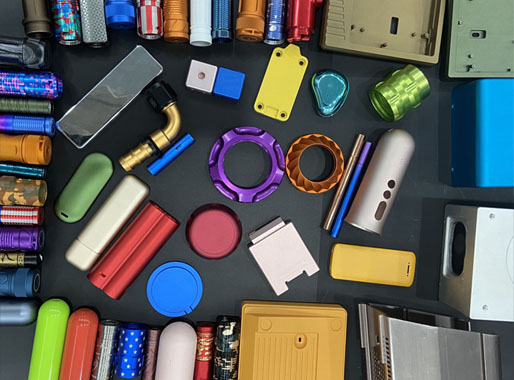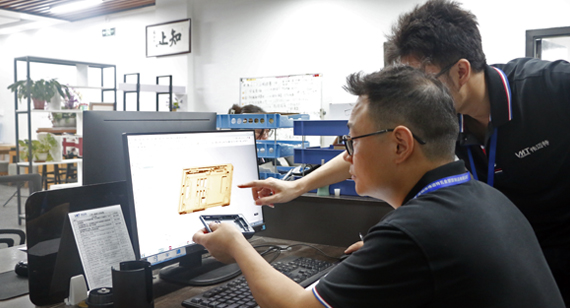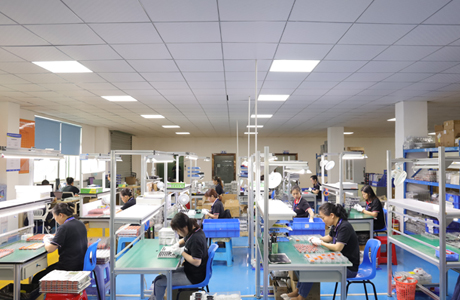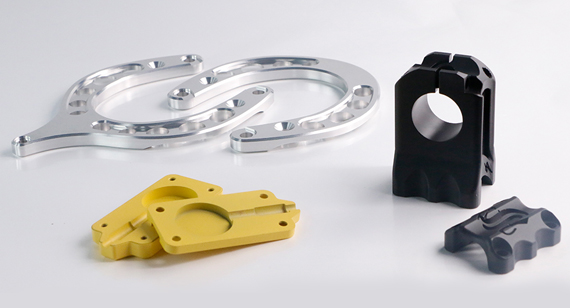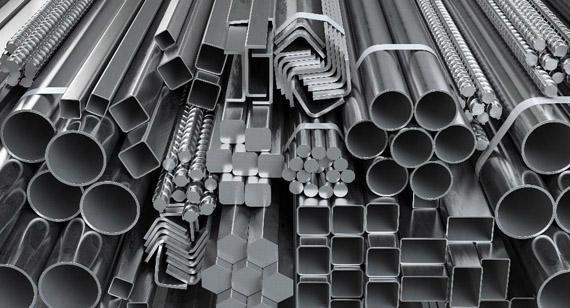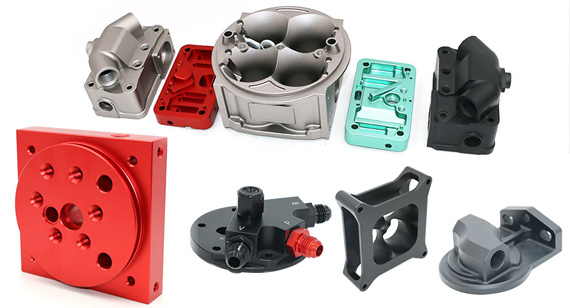15 years one-stop China custom CNC machining parts factory
The VMT blog is dedicated to sharing our hard-earned knowledge in prototype manufacturing. We hope these articles will help you optimize your product designs and gain deeper insight into the world of rapid prototyping. Enjoy the read!
Get an Instant Quote VMT
VMT  2024 05 06
2024 05 06 In the field of CNC machining, aluminum CNC machined parts are widely used in various industries such as aerospace, automotive manufacturing, and electronics due to their lightweight, corrosion resistance, and excellent conductivity and thermal properties. However, aluminum alloy materials have relatively low hardness and are prone to wear, which limits their application to some extent. Therefore, increasing the surface hardness of aluminum CNC machined parts to enhance their wear resistance and service life has become a common concern for CNC machining factories and researchers.
 66
66
 Read more
Read more
 VMT
VMT  2024 05 05
2024 05 05 As the manufacturing industry continues to evolve rapidly, CNC machining technology, as an important branch of modern manufacturing, has been widely used in the processing and manufacturing of various precision parts. The design of CNC machined parts is a crucial link in the CNC machining process, and its design quality directly affects the machining accuracy, production efficiency, and the performance of the final product.
 66
66
 Read more
Read more
 VMT
VMT  2024 05 04
2024 05 04 In the field of CNC machining part manufacturing, CNC machining is widely utilized for its high precision and efficiency. However, during the actual production process, CNC machined parts often encounter some quality issues that affect product performance and longevity. This article will delve into the analysis of common quality issues in CNC machined parts and propose corresponding solutions to help CNC machining factories enhance product quality and competitiveness.
 66
66
 Read more
Read more
 VMT
VMT  2024 05 03
2024 05 03 In the field of CNC machining, aluminum and its alloys are widely used due to their excellent thermal conductivity, ductility, and lightweight properties. However, aluminum materials are prone to deformation during the machining process, posing a serious threat to the quality and accuracy of aluminum CNC machined parts. Therefore, effectively preventing deformation during aluminum machining has become a key issue that CNC machining factories urgently need to address.
 66
66
 Read more
Read more
 VMT
VMT  2024 05 02
2024 05 02 In the field of CNC machining component manufacturing, customized machining of complex-shaped precision CNC components is both complex and intricate. It demands not only high levels of technical precision and machining stability but also the fulfillment of individualized requirements in terms of structure, shape, and dimensions. This article will delve into the process of achieving customized machining of complex-shaped precision CNC components, aiming to meet the readers' professional knowledge needs in this field.
 66
66
 Read more
Read more
 VMT
VMT  2024 05 01
2024 05 01 With the continuous advancement of modern manufacturing, stainless steel has gained widespread application in various fields as an important metal material. Particularly in the field of CNC machining, the 300 series stainless steel is highly favored for its unique corrosion resistance, mechanical properties, and machining performance. As experts in CNC machining parts manufacturing.
 66
66
 Read more
Read more
 VMT
VMT  2024 04 30
2024 04 30 In the field of CNC machining, the processing of aluminum parts is an important and complex process. CNC machining utilizes precise numerical control programming and highly automated machining equipment to achieve precise cutting, drilling, milling, and other operations on aluminum parts, thereby producing components that meet design requirements. The hardness of aluminum material after machining is an important indicator for evaluating its quality and performance. This article will discuss the hardness of aluminum material after CNC machining, aiming to meet the professional knowledge needs of readers in this field.
 66
66
 Read more
Read more
 VMT
VMT  2024 04 29
2024 04 29 In the field of CNC machining component manufacturing, the customized machining of special-shaped precision CNC components has always been the intersection of technological challenges and innovation. These components not only require high precision and surface quality but also pose increased processing difficulties due to the complexity of their shapes. This article will delve into the process of customized machining for special-shaped precision CNC components and explore the applicable machining processes to meet the readers' professional knowledge needs.
 66
66
 Read more
Read more
Ready To Start Your Next Project?
Get Instant Quote

Request a Free Quote
Send us a message if you have any questions or request a quote. We will get back to you ASAP!
